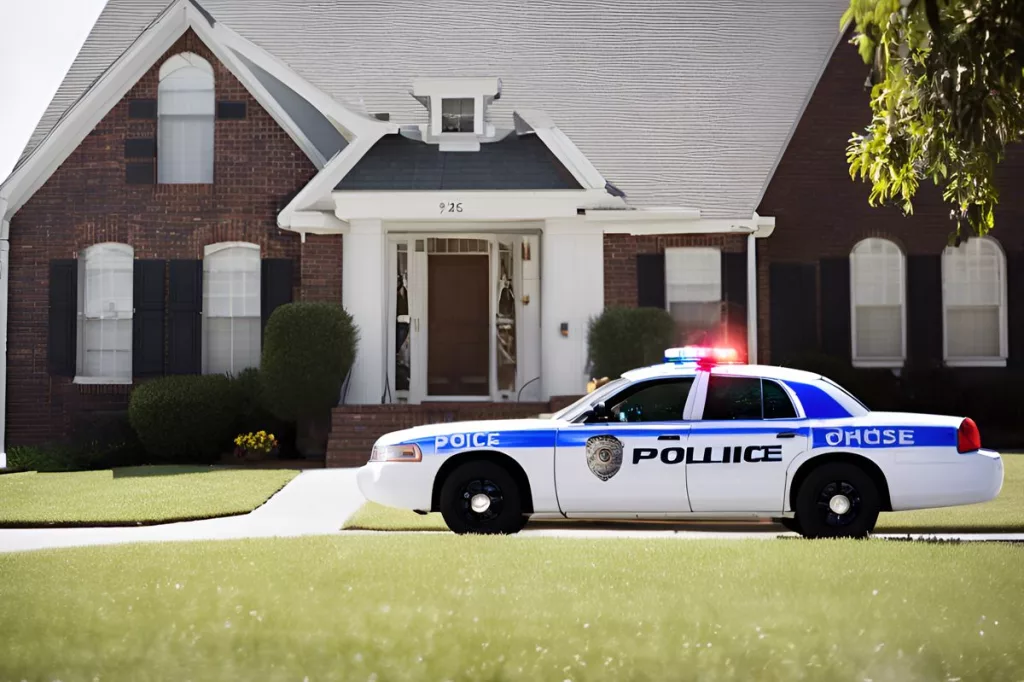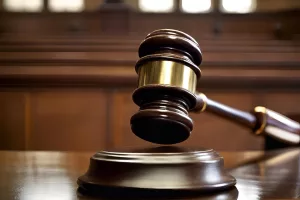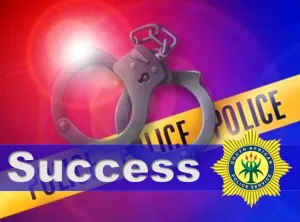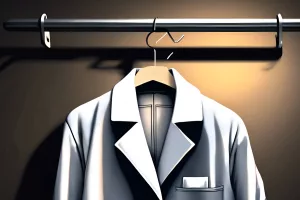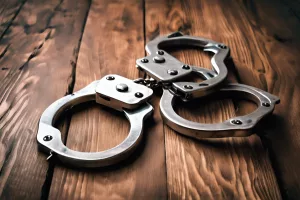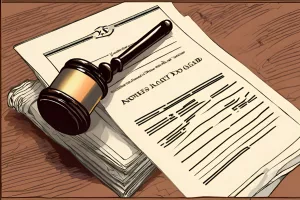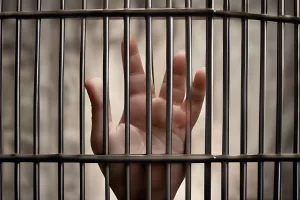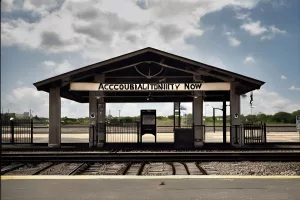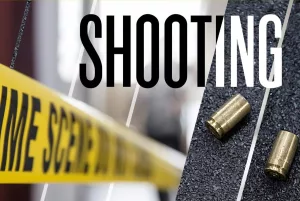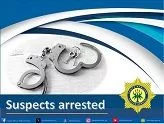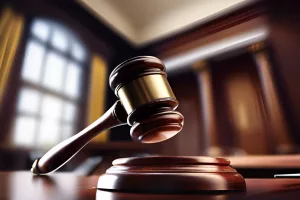In the Inanda Triple Homicide, three people were brutally killed, causing shock and terror in the community. Local police and community members are now working together to find the culprits and seek justice for the victims. As the investigation continues, the community remains resilient and hopeful for a successful resolution to this horrific crime.
The High Court in George has delivered justice in the case of the Albertinia double murder, with Timothy Ova being found guilty of the brutal killing of two young girls and sentenced to two life sentences. The community was left in shock and mourning after the bodies of Jacorene Vaaltyn and Sharon Arries were found hidden in a house in 2022. Ova’s capture and conviction brought some closure to the community, but the case serves as a reminder of society’s responsibility to protect children.
The Mariannhill Encounter was a dramatic event in South African law enforcement, as the KwaZuluNatal Provincial Stabilization Team encountered nine suspects accused of terrorizing the residents of Mariannhill. The suspects were involved in severe and violent crimes, including a gang rape, and were found with an arsenal of weapons. Despite being ambushed, the officers managed to neutralize the threat without any injuries, serving as a powerful symbol of justice and law enforcement perseverance.
A daring rescue mission was executed by a team of law enforcement experts to liberate kidnapped cousins in North West, South Africa. The team consisted of members from various disciplines, and their joint efforts proved the power of a united front. The victims were found in good health, and the suspects were apprehended, facing charges of kidnapping and extortion. The success of this case pays tribute to the relentless endeavors of the multidisciplinary team and serves as a potent reminder of law enforcement’s mission: the relentless pursuit of justice.
Mpharu Hloyi, Cape Town’s first black female scientific officer and advocate against genderbased violence, was tragically shot and killed by Ivan Magokane, a man she had tried to help. Magokane was sentenced to life in prison for Hloyi’s murder and other charges. Hloyi’s passing left an immeasurable void in the city she had served with unwavering devotion. This heartrending tale underscores the bravery of women like Hloyi and Malema, who persist in their fight against genderbased violence, inspiring hope for a future devoid of oppression and fear.
Coert Botha, a man of 47 years, has been sentenced to 66 years in jail for 13 counts of sexual offences, including rape, against boys aged between 9 and 14. This verdict highlights the larger problem of sexual offences in South Africa, but serves as an optimistic sign of progress towards eliminating such crimes. The court’s decision was praised, recognizing the commitment of the SAPS towards justice for victims of sexual crimes, and emphasizing the importance of public engagement in enhancing their services and ensuring community safety.
A bail application for five murder suspects was halted due to water scarcity at the Durban Magistrate’s Court. The defendants face charges including conspiracy and execution of murder, illicit possession of firearms, and attempted murder. One defendant, Lindokuhle Mkhwanazi, voiced his defense with bravado, claiming innocence and accusing police of brutality. Grieving father Tony Forbes, father of deceased rapper Kiernan ‘AKA’ Forbes, was also present in court. Proceedings will continue on March 18th, with the arrest of two additional suspects in Mbabane.
The Unified Call for Justice for Joshlin Smith is a petition demanding that the parties involved in the alleged kidnapping and trafficking of sixyearold Joshlin Smith be denied bail. The petition has gained momentum with nearly 15,500 signatures and counting, challenging societal complacency towards child exploitation and demanding thorough investigation and justice. The case highlights the harsh realities of child exploitation and the power of collective action in the quest for justice. The petition and the voices clamoring for justice for Joshlin illustrate the strength of collective action and South Africa’s determination to combat societal downfall.
UniteBehind is a South African activist group dedicated to promoting transparency and accountability. Their legal confrontations have exposed corrupt practices within the Passenger Rail Agency of South Africa (PRASA), and they have successfully held individuals and organizations accountable for their involvement in the scandal. They continue to advocate for justice and better services for citizens who rely on the rail service.
Law enforcement agencies in Verulam, South Africa, successfully intercepted two notorious criminals involved in cashintransit heists, domestic breakins, and assaults on farms. The ensuing gunfight was fierce and lethal, resulting in the death of two suspects. The pursuit of the third fugitive is currently underway, highlighting the unwavering commitment of law enforcement agencies in upholding justice. The incident showcases the constant dangers faced by law enforcement agencies and the effectiveness of intelligenceled policing in preventing, identifying, and suppressing crime.
Stellenbosch University, a prestigious institution in South Africa, is facing controversy surrounding the trial of former student Theuns du Toit, who was caught on film desecrating a black fellow student’s study materials and laptop. The university’s Central Disciplinary Committee found Du Toit guilty of racially biased behavior, but he has since escalated the issue to the Western Cape High Court. The upcoming trial will have widespread implications for the university’s commitment to inclusivity and respect.
In East London, a lawyer was shot by two unidentified individuals, but the South African Police Service quickly responded by setting aside their usual duties to identify and apprehend five individuals linked to the crime. The East London Crime Intelligence played a significant role in the investigation by collecting and analyzing information, leading to the discovery of the escape vehicle and subsequent arrests. The commitment and collaboration of the police force resulted in the swift resolution of the case, showcasing their dedication to justice.
Dr. Nicholas Procter, a renowned medical doctor, was reported missing in Nelspruit, South Africa, and later found dead. The South African Police Service (SAPS) worked tirelessly to investigate the murder, leading to the arrest of three suspects just four days later. This breakthrough brings hope to the community and honors the memory of Dr. Procter. The SAPS’s determination and commitment to justice serve as a guiding light in the face of tragedy.
The arrest of a man in South Africa revealed a horrifying connection between child exploitation and animal abuse. The suspect had over 149,000 explicit child images and videos, and unlicensed firearms and distressed animals were found on his property. The discovery sheds light on the sinister relationship between animal cruelty and criminal behavior. However, organizations like the Cape of Good Hope SPCA are providing hope by caring for the animals and presenting evidence in court. They play an essential role in creating a safer, more empathetic society.
The murder trial of Senzo Meyiwa has drawn national attention in South Africa, with singer Kelly Khumalo being accused of involvement in the heinous act. The allegations have sparked conversations and outrage across digital platforms, while South Africa’s relationship with the EU remains strong. The country’s commitment to global connectedness and pursuit of justice and truth in this case are a testament to its spirit of progress. The world watches with bated breath as the trial continues, hoping for justice for Meyiwa’s family.
The Khayelitsha community is in mourning and demanding justice after the brutal killing of Felicia Mlanjeni, a beloved member of the community and mother of a 14yearold son. The residents are outraged and have marched to the police station, demanding the arrest of the presumed murderer and a thorough investigation. However, doubts surrounding the assassin’s identity and the police response have left the community unsettled and struggling with grief. The community remains determined in their call for justice and reform.

